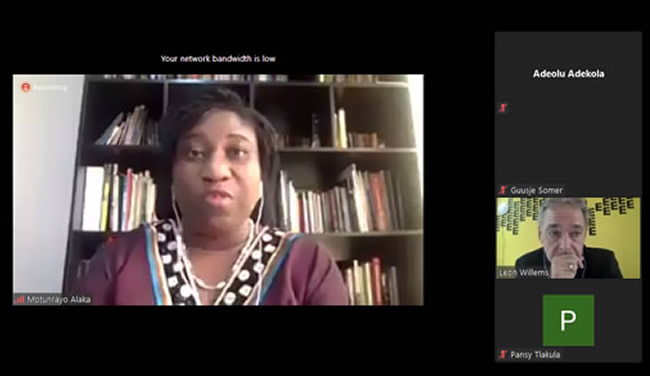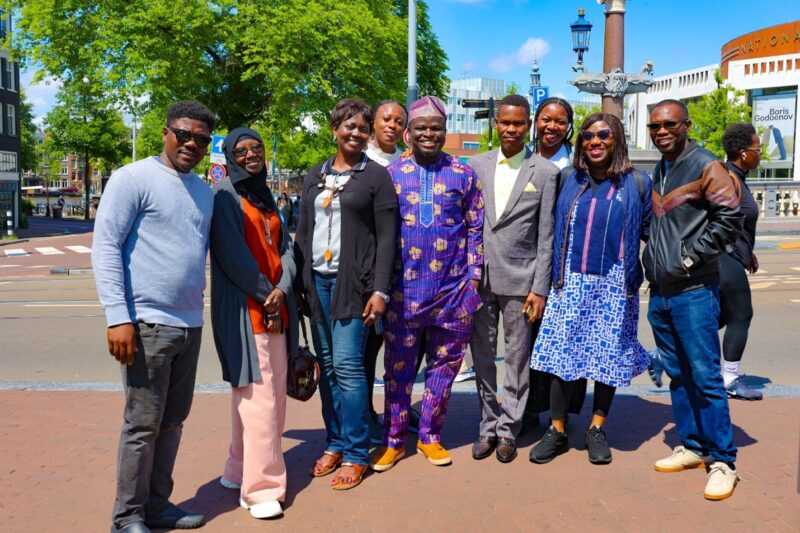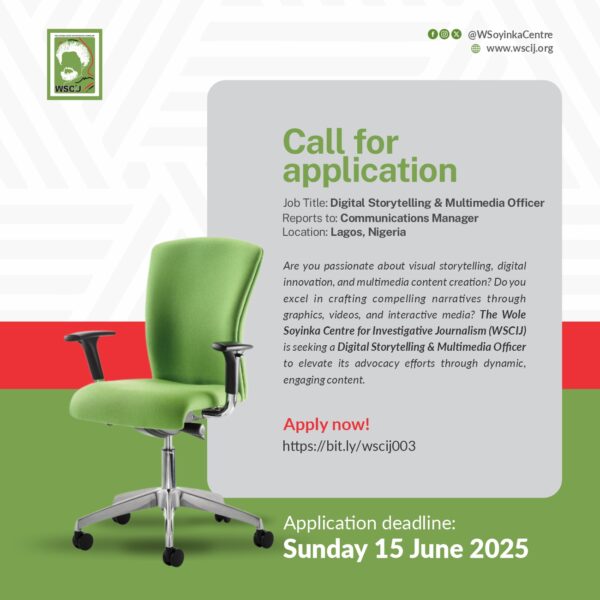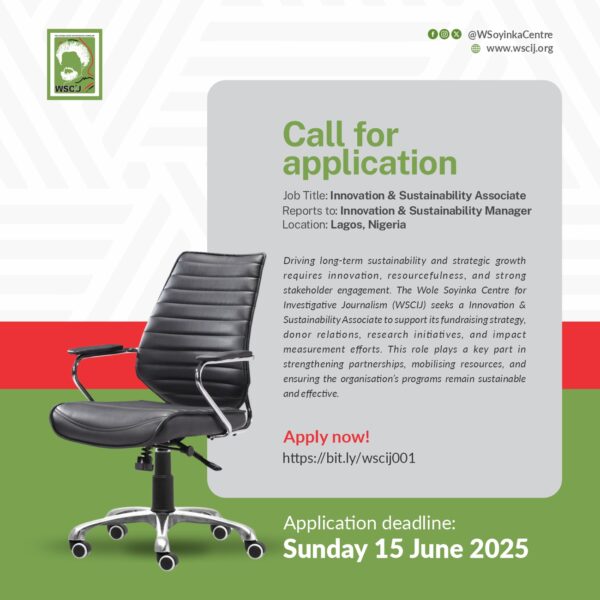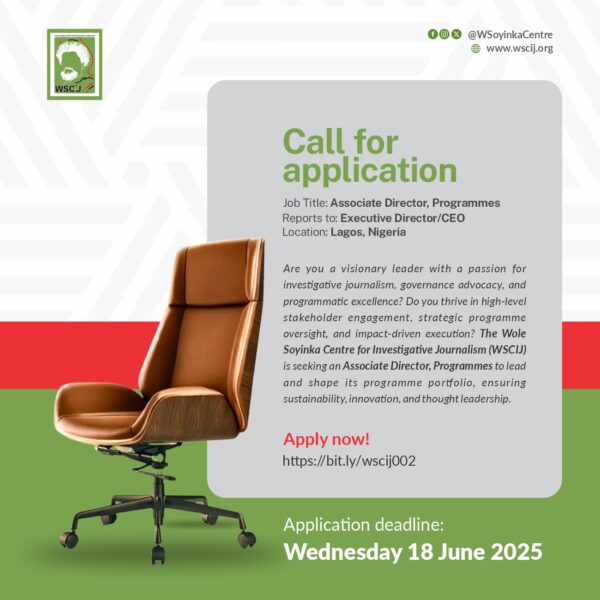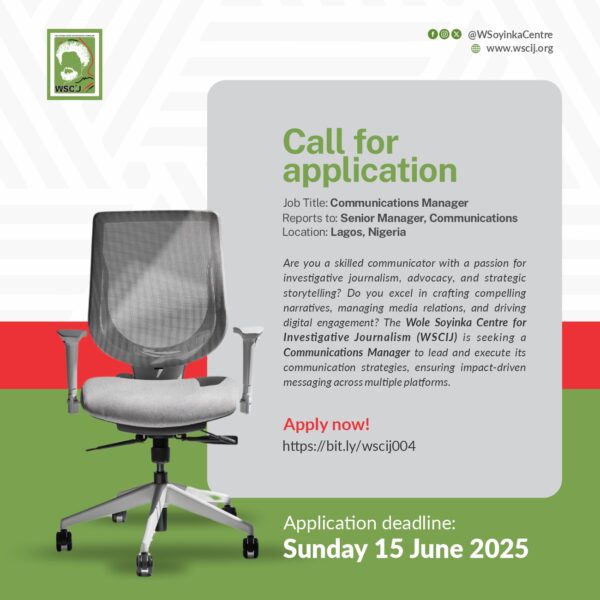Ahead of the International Day for Universal Access to Information on Monday, speakers at a webinar organised by the Free Press Unlimited have raised concern about access to information in Africa during the COVID-19 pandemic.
The speakers – Motunrayo Alaka, Executive Director/CEO, Wole Soyinka Centre for Investigative Journalism (WSCIJ); Pansy Tlakula, Chairperson, Information Regulator, South Africa; and Abel Wabella, Fact-Checker at PesaChecka, Ethiopia – made this call on Friday, 25 September 2020 at the webinar organised to inform members of the Dutch parliament about access to information in times of COVID-19.
Leon Willems, Director, Free Press Unlimited, remarked that the coronavirus has limited the people’s access to information, which is crucial to letting people know what to do in order to save their lives. According to him, “Bad journalism costs lives while good saves lives”.
Giving a journalist’s perspective to the discussion, Motunrayo spoke about the WSCIJ’s work on COVID-19. She said the WSCIJ understood soon after the breakout of the virus that it is a moving training and there was need to jump on it. According to her, the organisation has supported journalists to do 93 stories through its COVID-19 reality check project, cutting across issues such as water and sanitation, education access, and effectiveness of the lockdown.
She said the lay-off of journalists in the traditional media and restricted access of journalists to some government offices including the Aso Rock, have spiked the volume of misinformation in Nigeria. She also noted that although the Freedom of Information Act has been in force in the country since 2011, it has been made redundant by other laws like the Official Secret Code.
She therefore called for the need to strengthen independent media to be able to sustain their work and for media literacy so that the people why the media is important and are able to differentiate between news and misinformation.
Pansy Tlakula noted that although the media is free in its diversity in South Africa, most of the news is borne by private broadcasting organisations, which requires subscription, thereby putting limitation to public access. She identified the unavailability of internet and high cost of data in the country as a challenge to access to information, particularly for people in rural South Africa. This, according to her, makes access to information difficult for the have nots due to the high cost of internet and in some cases low broadband penetration.
Affirming that COVID-19 has magnified the gap in infrastructure and social issues which the media has to adequately report for stakeholders to take relevant action, she observed the need to strengthen good laws and stop laws gagging the media.
On his part, Abel Wabella noted that the media was in the forefront of demanding better welfare for the frontline health workers who were exposed to the virus but lacked PPEs and other medical requirements. He observed the need to build the capacity of the media, particularly to factcheck.
The International Day for Universal Access to Information (IDUAI) was proclaimed on 15 October 2019 at the 74th UN General Assembly to be held on 28 September every year to recognise the significance of access to information.

